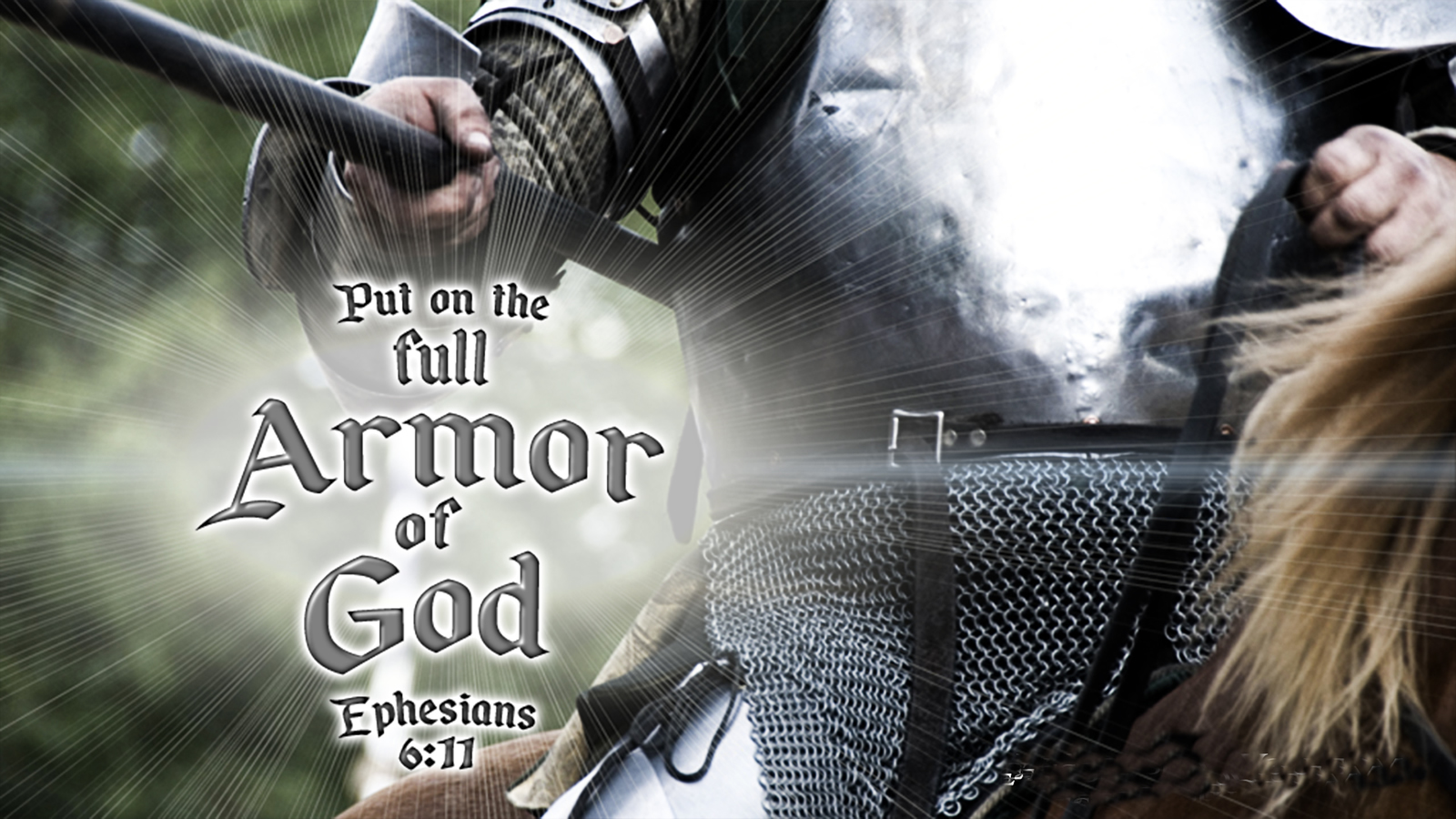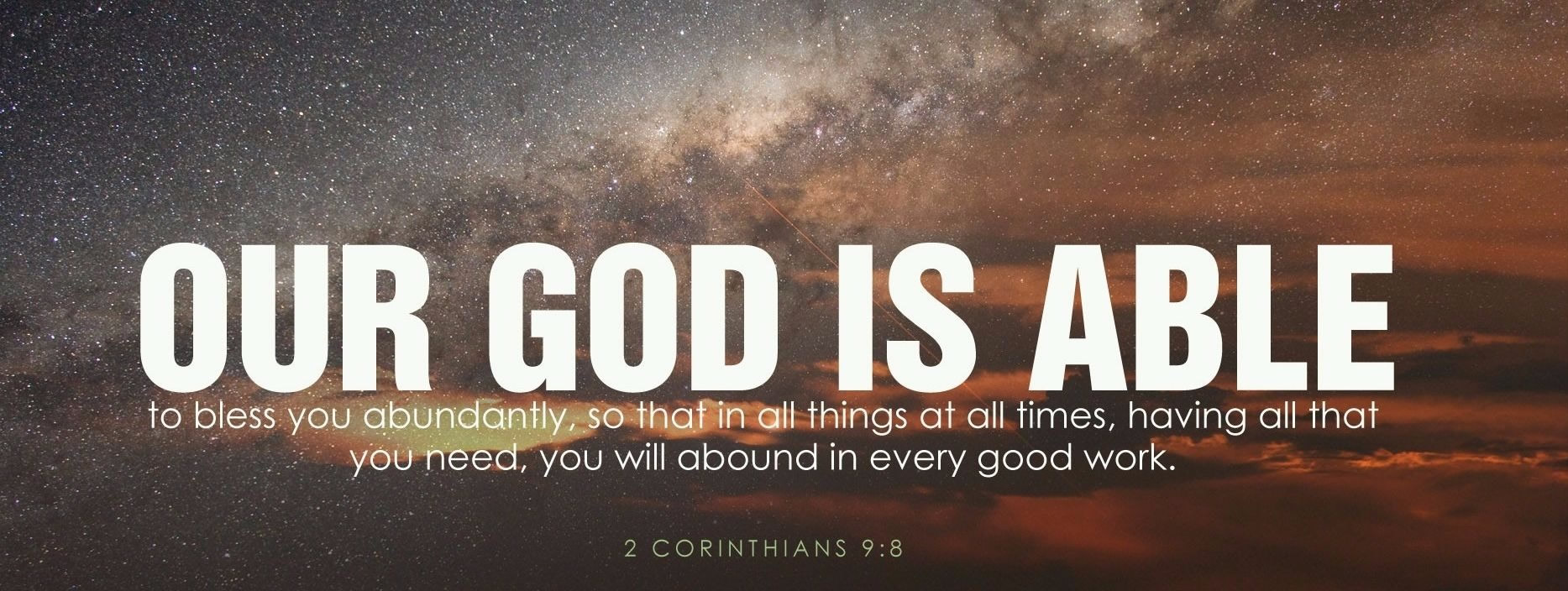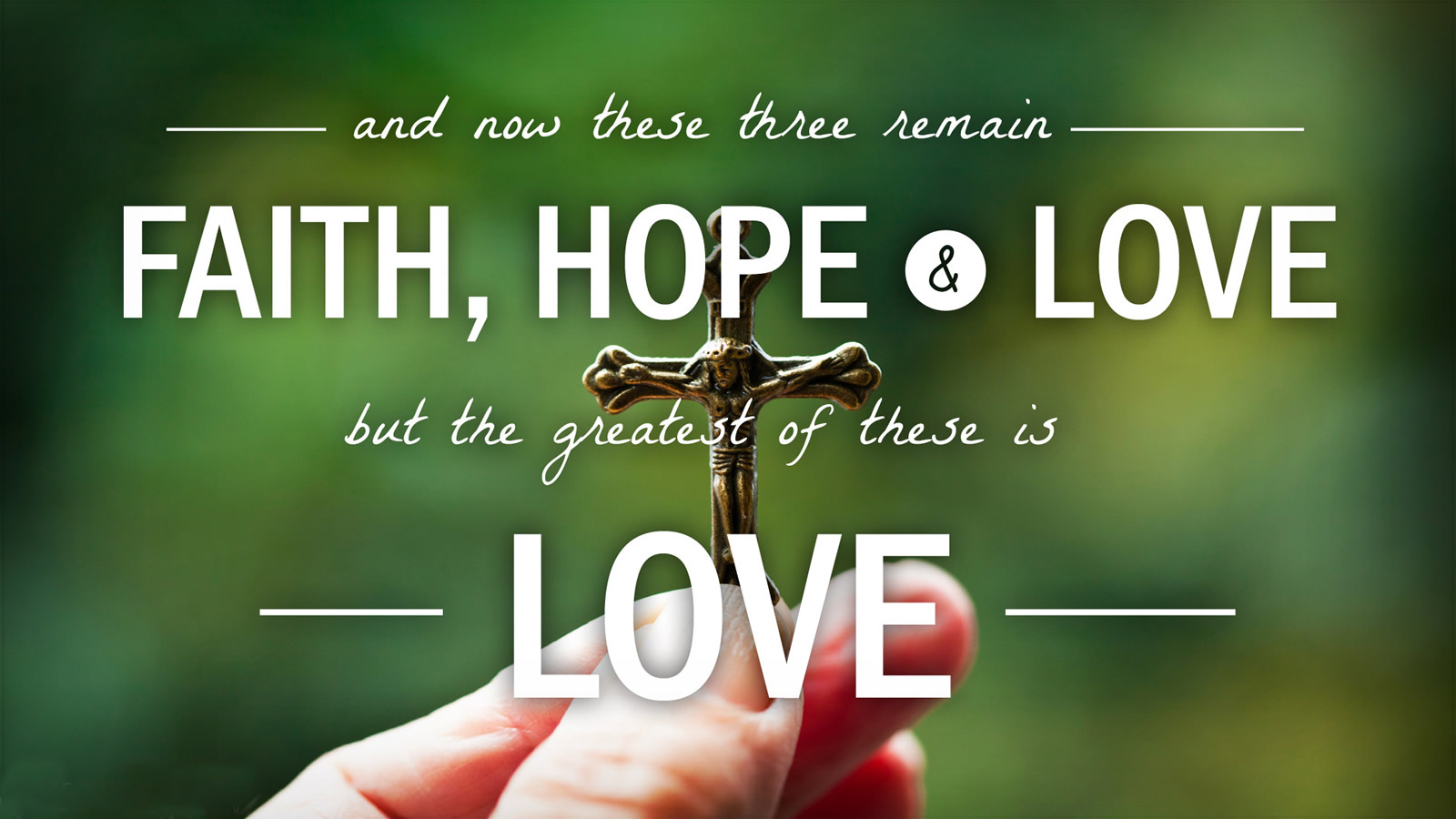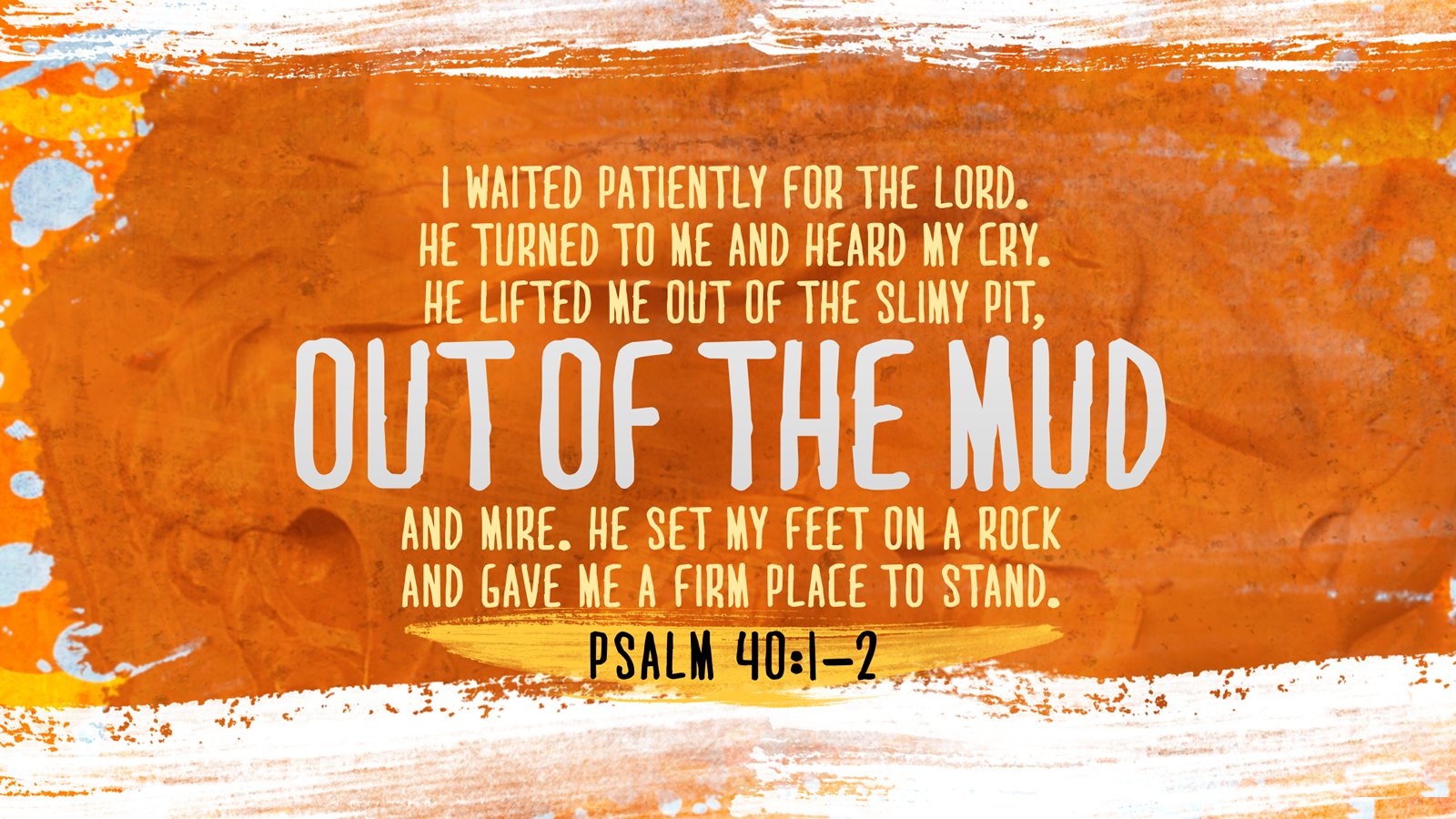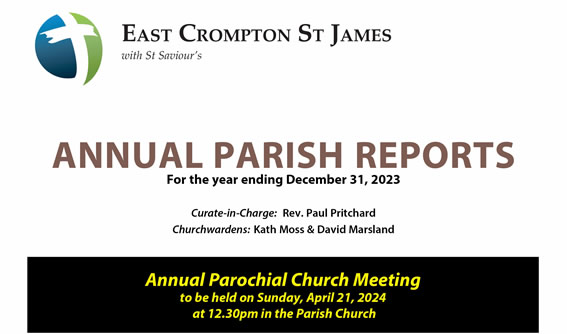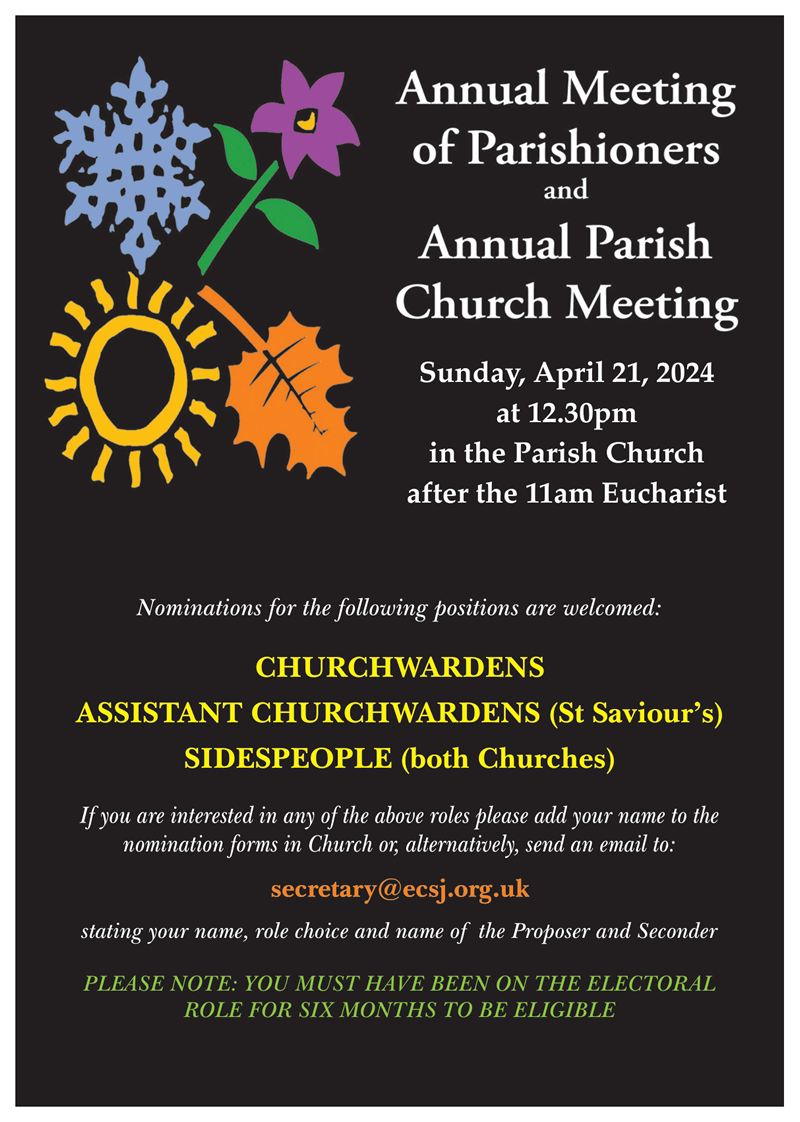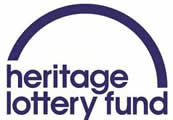A Safer Church
Both Churches take the safeguarding of children,
young people and vulnerable adults very seriously.
Please contact the Diocese of Manchester Safeguarding Officer Abbey Clephane-Wilson on 0161 828 1451 or our
Parish Safeguarding Co-ordinator Jacqui Adams on 07708 928271 (email: jacquiadams19@icloud.com)
or our Curate in Charge (Revd Paul Pritchard) if you have any Safeguarding concerns about the Parish.The Diocese of Manchester partners with thirtyone:eight in relation to Disclosure (i.e. DBS) services and accessing their safeguarding Helpline when required. For DBS related queries, please contact them on 0303 003 1111 option 1.
In the event of the Diocesan Safeguarding Adviser being unavailable due to being on holiday or other absence, you will be advised to contact thirtyone:eight for safeguarding advice on 0303 003 1111. This also includes any emergency safeguarding queries outside of office hours on weekdays and weekends. An Information Sharing Agreement between the two organisations will allow the Diocesan Safeguarding Adviser to receive a copy of the advice thirtyone:eight may offer the parish church/caller.
WELCOME to EAST CROMPTON St JAMES with St Saviour's
We aim to have Jesus at the heart of everything we do, not only in church when we worship, but in our daily lives, work places, schools and homes.
We believe that our church, working alongside other Christians in our community, is called to be a doorway to new life in Jesus Christ.
WE INVITE YOU TO JOIN US IN THAT CALLING:
2 Corinthians chapter 5 verse 17:
"Therefore, if anyone is in Christ, he is a new creation;
the old has gone, the new has come!"
We have 2 worship centres:
The Parish Church, St James Street, Shaw, OLDHAM OL2 7TD (est. 1847)
St Saviours, Crompton Fold, Buckstones Road, Shaw, OLDHAM (est. 1908)
9:30am - Eucharist at St. Saviour's
11.00am - Eucharist at St. James
If you would like to know more about us or to enquire about our other services and facilities, please get in touch. We'd love to hear from you.
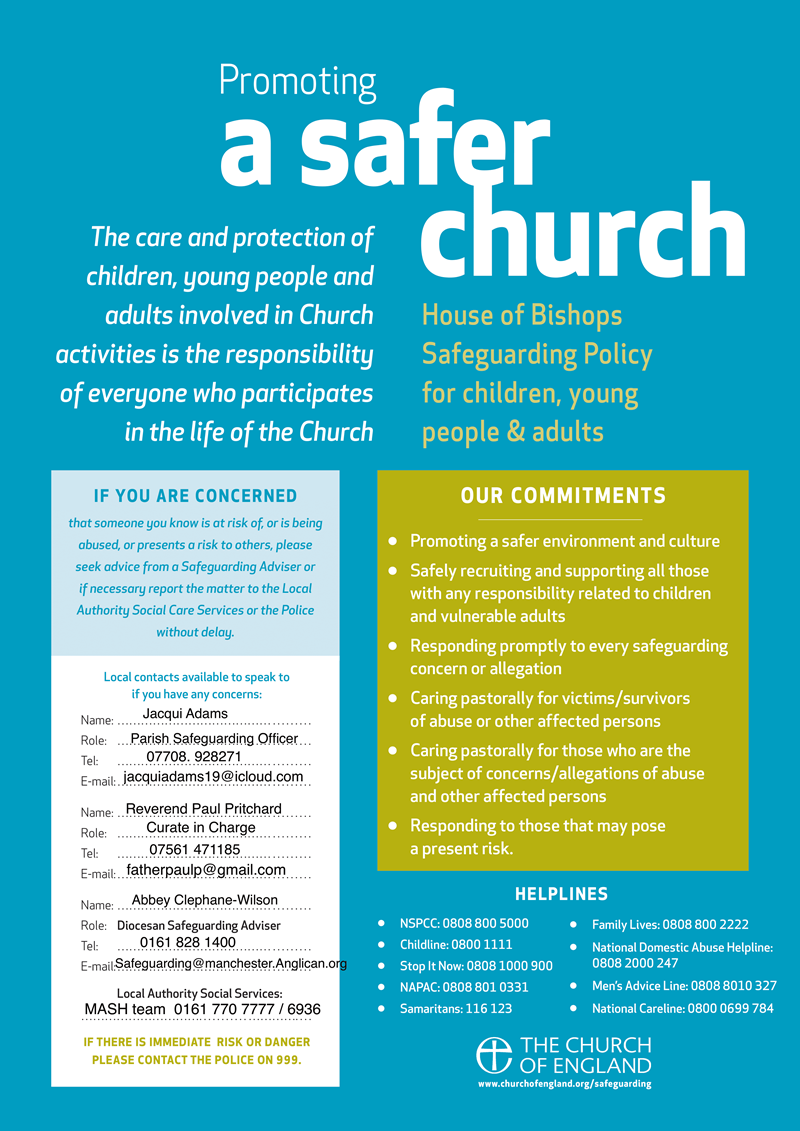
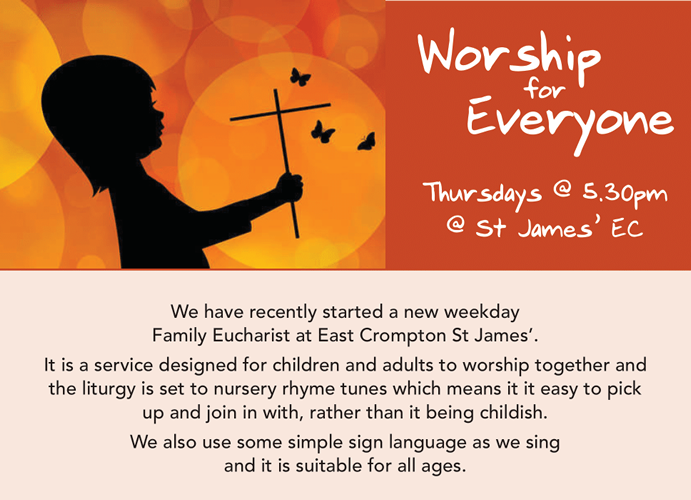
We aim to have Jesus at the heart of everything we do, not only in church as we worship, but in our daily lives, work places, schools and homes.
Corinthians chapter 5 verse 17:
"Therefore, if anyone is in Christ, he is a new creation; the old has gone, the new has come!"
"Were you there?"
The end of my training for priesthood helpfully coincided with the pandemic which meant that our Easter School, which was a big deal and was supposed to be a week away completely immersed in the mystery of Holy Week, was conducted entirely via Zoom. To be honest, as much as I understood that it had to be done this way, and was hugely grateful for all the hard work by college staff to make it as special as it could be, I was gutted.
It may seem silly, self-absorbed even, that I felt bereft of a ‘proper’ Easter School, but it had been something we had been working towards since day one of our training and it felt like a rite of passage had been watered down. As it was, the teaching sessions worked out okay and the worship throughout the week was faithful too, but as we neared Good Friday, I really felt like we were being robbed.
Many of us were given things to do during the various acts of worship and prayer offices, and I was asked to sing at some services; one of which was the Good Friday Liturgy, at which I was to sing ‘Were you there when they crucified my Lord’. I was to sing it unaccompanied from the stillness of my study into the homes of fellow ordinands and the college staff, you might think it less nerve-racking but it was quite the opposite!
I rehearsed several times and was happy with how it sounded, just another ‘performance’, nerves aside, all was well. On the day however, I was hit by a huge wave of emotion, in fact it was a visceral feeling throughout my body as I sang the song. The hairs on my neck and arms stood on end when I sang the line that repeats in every verse “Oh, sometimes it causes me to tremble, tremble, tremble”.
In that line is the reality of my simple faith, sometimes it causes me to tremble! But that trembling doesn’t come from a place of fear, rather it comes out of the mystery and sheer ‘awesomeness’ of what Christ did for us and is for us.
The song is widely understood to be an ‘African American Spiritual’, probably sung by those enslaved and working on the cotton plantations and I am profoundly struck by the faith of those people who were dealt the most heinous hand. They may well have forsaken a faith in God; how could God allow this inequality, this barbarism? But they did not, instead as they worked, they sang, literally worshipping as they worked, singing of their Saviour, the one who knew their suffering and hardship, the one who knew because in his nailing to the tree, he comes alongside all who suffer.
But I suspect they sang it also because of the promise it offers, “were you there when God raised him from the tomb?” it goes. And didn’t they need the hope of that promise, the promise that after the nailing to the tree comes the rest of the tomb and from that rest comes the new life; the promise that is for everyone.
Jesus is with us all when we suffer, and not from a distance but right there on the spot. Our wounds are his wounds, our pain his pain and our sorrow his sorrow. But as the song reminds us there is hope, and out of the bleakness comes new life. This is the promise of Easter.
This African American Spiritual has been such a blessing to me since that Good Friday when I stood alone in my study and sang it, and the truth is that I was not alone, there were of course others in Zoom space, but I was not alone, because with Him I never am!
May we all have a blessed Eastertide, and may the mystery and awesomeness of the Lord that causes us to tremble, tremble, tremble, ever be our strength and our hope.
Paul.
Were you there when they crucified my Lord? Were you there when they crucified my Lord? Oh, sometimes it causes me to tremble, tremble, tremble. Were you there when they crucified my Lord?
Were you there when they nailed him to the tree? Were you there when they nailed him to the tree? Oh, sometimes it causes me to tremble, tremble, tremble. Were you there when they nailed him to the tree?
Were you there when they laid him in the tomb? Were you there when they laid him in the tomb? Oh, sometimes it causes me to tremble, tremble, tremble. Were you there when they laid him in the tomb?
Were you there when God raised him from the tomb? Were you there when God raised him from the tomb? Oh, sometimes it causes me to tremble, tremble, tremble. Were you there when God raised him from the tomb?
(first published in William Eleazar Barton's 1899 Old Plantation Hymns)
(https://www.classical-music.com/articles/were-you-there-when-they-crucified-my-lord-lyrics )
"The Importance of the Journey..."
I remember one Holy Week when I was a teenager. My mum is a priest and I used to play the piano at church so we were both very involved in the services of Holy Week. We’d done Maundy Thursday, Good Friday, and a vigil service on Holy Saturday evening - only to return home that night and find water coming through the lounge ceiling. My dad (who is not so into church) would normally deal with such things. However, he was away in the Isle of Man visiting my Grandma. After frantic phone calls to him and a visit from a helpful friend, we managed to drain the leaking water tank, turn the water off and eliminate the immediate risk of the ceiling falling in. But we were without heating or hot water and so Easter Sunday morning was spent not in church but at home waiting for a very expensive emergency plumber. We had journeyed with Jesus from the triumphal entry into Jerusalem on Palm Sunday, to the Upper Room and then to the cross, but we never made it to the joy of the resurrection. We were stuck at the emptiness of Holy Saturday.
Then there was Holy Week at theological College in Mirfield. We had four Offices each day (Morning Prayer, Midday Prayer, Evening Prayer and Night Prayer) as well as the Holy Week liturgies. We were in silence from Maundy Thursday evening until Easter Day, when our worship began at about 4.30am and finished at about 8 am, followed by prosecco and chocolate in the church grounds. The journey that week was intense but awesome – literally. Words can’t do it justice. And, of course, the nature of theological college meant we’d done that journey as an enclosed community together, with none of the distractions of the outside world.
The year after was my first Holy Week in the parish after ordination. Like this year, schools were in right up until Maundy Thursday and so there was a funny mix throughout the week of celebrating Easter with our schools when we were still at Maundy Thursday in church. And, of course, I was experiencing everything for the first time as an ordained person: washing feet on Maundy Thursday, carrying the paschal candle and singing the exultet as a deacon on Holy Saturday. After the experience of the previous year there were some frustrations: the organist practicing ‘Thine be the glory’ for Easter Day just a few minutes after we’d finished the Good Friday liturgy rather spoilt the mood! But it was, and has been ever since, a huge privilege to lead people on that journey through the week.
Those are the most memorable Holy Weeks I’ve experienced. There have been many more that, although slightly less memorable, are still very important. But each of these examples I’ve given, in their own way, demonstrate the importance of the journey that we go on during Holy Week.
All of us are invited to take part in this journey during Holy Week this year and I encourage you to do so as fully as you can. Jesus told his disciples that they must take up their cross and follow him. We too, must take up our cross; we should not, if we can possibly help it, move straight from the Hosannas of Palm Sunday to the Alleluias of Easter Day without first walking the way of the cross.
So, my friends, come with us on the journey. It is not an easy journey to make but it is so so worth it. We will begin on Palm Sunday with the triumphal entry into Jerusalem as we shout ‘Hosanna’. On Maundy Thursday we will move through the footwashing and the Last Supper to keep watch in the Garden of Gethsemane. On Good Friday we will go with Jesus to the cross and then we will wait in the emptiness of Holy Saturday before we finally reach the triumph of Easter Day. And then, how great our rejoicing will be when we proclaim once again that Jesus Christ is risen. Alleluia! Alleluia! Alleluia!
"Stewardship"
Our focus through the first week in October is ‘Stewardship’ when we are encouraged to think about how we play our part in the building up and maintenance of God’s Kingdom, and in our worship, we have reflected on the feeding of the five thousand; it is a well-known story and the only miracle to be included in all four Gospels.
What a wonderful story it is! A story of generosity on the part of those who offered what little food they had, and even more so on the part of God, who took what was offered and used it not just to provide what was needed, but more besides. It’s a story about God’s abundant generosity, God’s abundant grace that is lavished so freely upon us.
And there are great parallels with some of what we experience in church today. The disciples have a big task ahead of them: to feed five thousand hungry people and so immediately they think about money. It would cost too much to feed all these people, we just don’t have enough so we’ll have to send them away and they can feed themselves. Confidence wavers and anxiety levels spike as financial and practical concerns take over from spiritual teaching and contemplation they had been enjoying with Jesus.
This might sound a little bit familiar, especially to those on the Church Council, with the regular discussions that take place there about money. The concerns that we haven’t got enough and so can’t possibly do all the things that we want and need to do.
Jesus, on the other hand, knows that this group of people, this community, already have some resources among them; God has given them all that they need and more, so his job is to help them recognise that and to tap into all that they have in responsible ways. The disciples come to Jesus in a flap, and he calmly tells them, “the people don’t need to go away, you give them something to eat”, and they as express doubts, Jesus asks, “how many loaves have you? What have you actually got? Go and see.”
One person, in John’s account of the miracle it’s a young boy, offers just five loaves and two fish. It’s clearly not going to be enough to feed all 5000 people, but he freely gives the little he has so that Jesus can use it. And as we know, Jesus takes it and blesses it; the disciples distribute it and there are 12 baskets-full left over.
There was no way the disciples could feed the crowd on their own; they just didn’t have enough. But neither did Jesus feed the crowd without their help. He didn’t produce food out of thin air, he took what had been offered and given freely and he used it and multiplied it not just to provide what was needed, but to provide an abundance of food besides.
And that brings me to our own situation. Our PCC meetings are often rather like that description of the disciples, we spend a lot of time looking at our finances, worrying about the fact that we’re running at a significant deficit, trying to come up with ways to increase our income. Our confidence wavers and anxiety levels spike as the financial and practical concerns all too often take over from spiritual and ministerial matters.
Recently I wrote out to church members telling you how much money we need in order to meet all our expenses which I think was helpful but our giving as Christians, our stewardship, should not be about what is needed, it should be about what we have that we can offer freely, in order that God might use it to bless God’s people abundantly.
Jesus spent quite a lot of time talking about money and wealth and poverty and possessions. But he never said, we’ve just received a big bill and we’re struggling to pay it so can you please give a bit more. Jesus never said, we’ve spent £X on candles this year, please can someone cover that cost. Jesus never said, our ministry to children and young people is dependent on someone putting up the money to fund it.
Our giving should not be about what is needed but about what we can give. As followers of Jesus, we are called to prayerfully consider all that we have; we are called to recognise that all we have comes from God; and we are called to freely offer back to God and God’s church whatever we have that we can give.
For some of us, financially, that may be nothing or very little, and that is absolutely fine. But however much or however little we have, our faith, our discipleship, demands that we think seriously about money and what we do with it.
So this month, I offer a challenge to each and every one of us, myself included, to spend some time thanking God for all we have and prayerfully considering what can freely offer back to the work of God’s Church. Many folks already give regularly but it is good practise to review our giving on a regular basis. It may be that your circumstances have changed, and you need to reduce your giving. Or maybe you can afford to give a bit more than you already do. Or maybe you’re new to church and didn’t know about giving. Or maybe you’ve been meaning to get around to sorting out your giving for a while and just haven’t quite found the time.
My friends if ever there was a time, this is it! This is the time for each and every one of us to prayerfully consider all that God has given to us and all that we can offer back to God. But don’t do it because you think or know we need more money, or because someone needs to pay for the candles or the bread and wine or the boiler repair or anything else. Do it because you’re grateful for all the gifts God has given you; do it because you believe in a God of generosity; do it because you believe in a God who has lavished us with abundant grace; do it because you can’t wait to see the miracle that will happen when we all offer to God the little bit we have and let God use it for the good of all God’s people.
We have a lot to learn from that person – perhaps a young boy - who offered the loaves and the fish. I wonder if he was really the only person out for all five thousand who had brought any food with him. Or maybe he was the only one who looked into his basket and saw what he had, instead of what he didn’t have, and was willing to act. Either way, he knew that he had something to share and so he offered it freely. And because he did, all ate and were filled. May we do the same.
Paul.
"Making Room for Mary and Joseph."
I just don’t want this journey to end” is a regular cry from the contestants of BBC’s ‘Strictly Come Dancing’. They are having the best time of their lives, transformative even, and they can’t bear to leave it! I have to admit that when the series comes to an end, I find myself in complete sympathy with them; the journey has been a great joy and I’d appreciate a few more weeks of it.
Many journeys are not that enjoyable though are they. In fact, for many folks a journey can be torturous, and they pray for it to end quickly and safely!
Take Maryam Nuri Mohamed Amin, aged 24 from Northern Iraq, journeying to the UK be with her fiancé who drowned in the English Channel two years ago. She was one of twenty-seven who died during that journey, seventeen men, seven women, two teenage boys and one teenage girl. According to one of her relatives, Maryam’s story “is the same as everyone else, she was looking for a better life”.
These journeys are an urgent humanitarian issue, yet the lives of Maryam and countless others have become politicised and her human dignity is denied with slogans such as “stop the boats”. It is overwhelmingly an issue of and for humanity but also it is a deeply theological issue, as every death in these circumstances is an affront to a loving God in whose image Maryam and everyone else was made.
And as we start this season of Advent, I am struck particularly by Maryam’s story. Maryam is the Aramaic word for Mary, now the Islamic version of Mary. Mary the God bearer, and such a central figure in what unfolds over these next few weeks. Mary who was herself a so-called migrant traveller, journeying through dangerous and potentially hostile terrains. Mary, chosen by God to be the mother of His Son.
It may be hard for us here in Shaw and Crompton to imagine what we can possibly do about the plight of Maryam and the countless others making terrifyingly dangerous journeys to find a safer place to stay. Maybe though the first thing is to face this issue head on and don’t pretend it isn’t happening. The story of Mary and Joseph might just help us to do that! They travelled about eighty miles from Nazareth to Bethlehem, and the journey would have been hard, dirty and dangerous. Mary heavily pregnant and no doubt exhausted.
We all know well that when they got there, there was no-where for them to stay. There was no room for them, so they ended up in an unsuitable place to sleep, and an even more unsuitable place in which to give birth. It’s a far cry from what we know now to be the right circumstances for a birth but at least the journey had ended, and they were somewhere safe.
The Church is entering the season of Advent, ‘Adventus’ in Latin which means ‘coming or arrival’. It’s a time for thinking about that long journey made by Mary and Joseph and maybe it is also a time when it is good for us to think about the other Mary, or Maryam, and the countless others like her, and to pray for them as they make such dangerous journeys. Perhaps praying isn’t enough for you, and if not, see what you can do to help their plight.
In some of our schools we are honouring a tradition called ‘Posada’ which is a Spanish word for ‘inn’ or ‘place for stopping’. It’s a really lovely tradition, a tradition that encourages us to think about those less fortunate than ourselves, to think about those who just like Mary and Joseph can’t find a place to stay and so have to sleep in dangerous and uncomfortable places. Traditionally in Spain, people dress as Mary and Joseph and with their donkey go from house to house looking for hospitality and blessing. Another way of participating in the tradition is by passing on small figures of Mary, Joseph and the donkey from one home to another, and in each place praying for the journey.
Here there is a simple picture of Mary, Joseph and the donkey and I invite you to look at it as our Posada and as they travel around, looking for somewhere to rest, I challenge each one of you – amidst all the exciting preparations for Christmas - to make some room for Mary and Joseph in your hearts this Advent. And not only for them but for the others too.
This prayer might help:
As we welcome these travellers into our home
We remember all those who are travelling tonight
We remember all those who are looking for rest and shelter tonight
We remember all those who care for and comfort those in need
May God bless us and all those we love as we journey with Mary and Joseph towards celebrating the birth of Jesus at Christmas. Amen.
Every blessing for your Advent journey.
Paul.
"The Radically Inclusive Love of Jesus for All."
Some say that preachers really only have one sermon in them, it is just interpreted in different ways. I don’t really think that is true per se, but I do think there is some truth in it, and if you stripped everything back, my sermon message would be the ‘radically inclusive love of Jesus for ALL’. This may be obvious to you already in terms of what you have heard me say but given it is Manchester Pride on August Bank Holiday Weekend, and I am busy organising the Pride Eucharist in the Cathedral, and will be walking in the Pride Parade with ‘Christians Walk With Pride’, I thought it a good time to share something of my own story.
The best place to start is by saying that for the majority of my 20s and early 30s I just instinctively felt that I was not welcome in church. To be fair, this wasn’t because I had been told not to come but having been to a very religious school in the 1980s, I never imagined there was a place for me in church. In fact, truth be told, in retrospect I think I thought that was probably fair. In other words, I had no right to be welcome in church.
I came out in the mid 1990’s, I was in my early twenties. Clearly being gay had been legal for nearly 30 years by then, but it wasn’t really the “done thing” to be indiscreet outside the comfort and safety of the gay scene. My parents were accepting but still for the first few years it was not widely known in my family. And of course, at this stage HIV and AIDS remained the “gay plague” in public consciousness and I think this coloured the view of the mainstream.
I went through periods of attending church, but I would tend to go to an 8am said Mass which as generally attended by a handful of people, I would arrive just before the Mass was about to start and would be the first out of the door at the end. I felt that if I was cornered and asked about myself, I would have to tell a lie. LGBTQ+ people have this thing of regularly having to come out or to be opaque and it saddens me.
About 15 years ago, I read an essay written by the journalist Charlie Brown about his conversion to Roman Catholicism. As gay man this was something of a surprise to him, but he described a Mass that was regularly celebrated for gay people in Soho, in an Anglican church in fact. He also talked about finding in Catholicism a big enough space where his own weaknesses and failings drew him closer to God. He seemed absolutely comfortable with his sexuality and being part of the church.
When I plucked up the courage to speak to a Priest about it, I was evidently too honest because he said he regretted I had been so open and suggested that Mark and I would need to live as Brothers, so I went back to the anonymity of 8am Masses and not feeling part of it.
Mark and I moved back to Manchester from Essex in 2011 and I did a google search with 3 words – “gay, Catholic, Manchester”. In truth I was praying to find a gay Roman Catholic Mass like Charlie Brown had found in Soho. Instead, I found an Anglo-Catholic Church, St Chrysostom’s. I attended for the first time on Christmas Eve 2012, having begged Mark to come with me, and I have to say I was nearly sick when I realised, we had to sit in the choir stalls so close to everyone else but I was hoping they lived up to the inclusiveness of their website.
They did live up to their promise of inclusivity and I started to attend their Parish Mass on a Sunday morning. By the beginning of February, I had plucked up the courage to stay for tea after Mass and the rest as they say is history.
In 2021 I was ordained, and each day, I look in the mirror and can’t believe that I have the privilege of this calling. It is such a far cry from creeping in and out of church hoping no one notices me. I am so grateful to be in a Diocese that’s trying its best to be inclusive and to be serving in a mission community where I am loved for who I am, and not only me but my wonderful partner too.
We must never take inclusion and equality for granted, we need always to be intentional and when we get it wrong, on whatever grounds, because this isn’t just an LGBTQ+ thing, we must learn the lessons and do better next time.
I would never have dreamed ordination would be an option for me and the Church of England still worries me, infuriates me, and makes me feel very sad at times; but I have hope for the future that the ‘Radically Inclusive Love of Jesus for ALL will be found throughout the church some day and mission communities like ours will no longer be the exception to the rule. After all, I’m a Christian and in Christ there is always hope!
With every blessing.
Fr Paul.
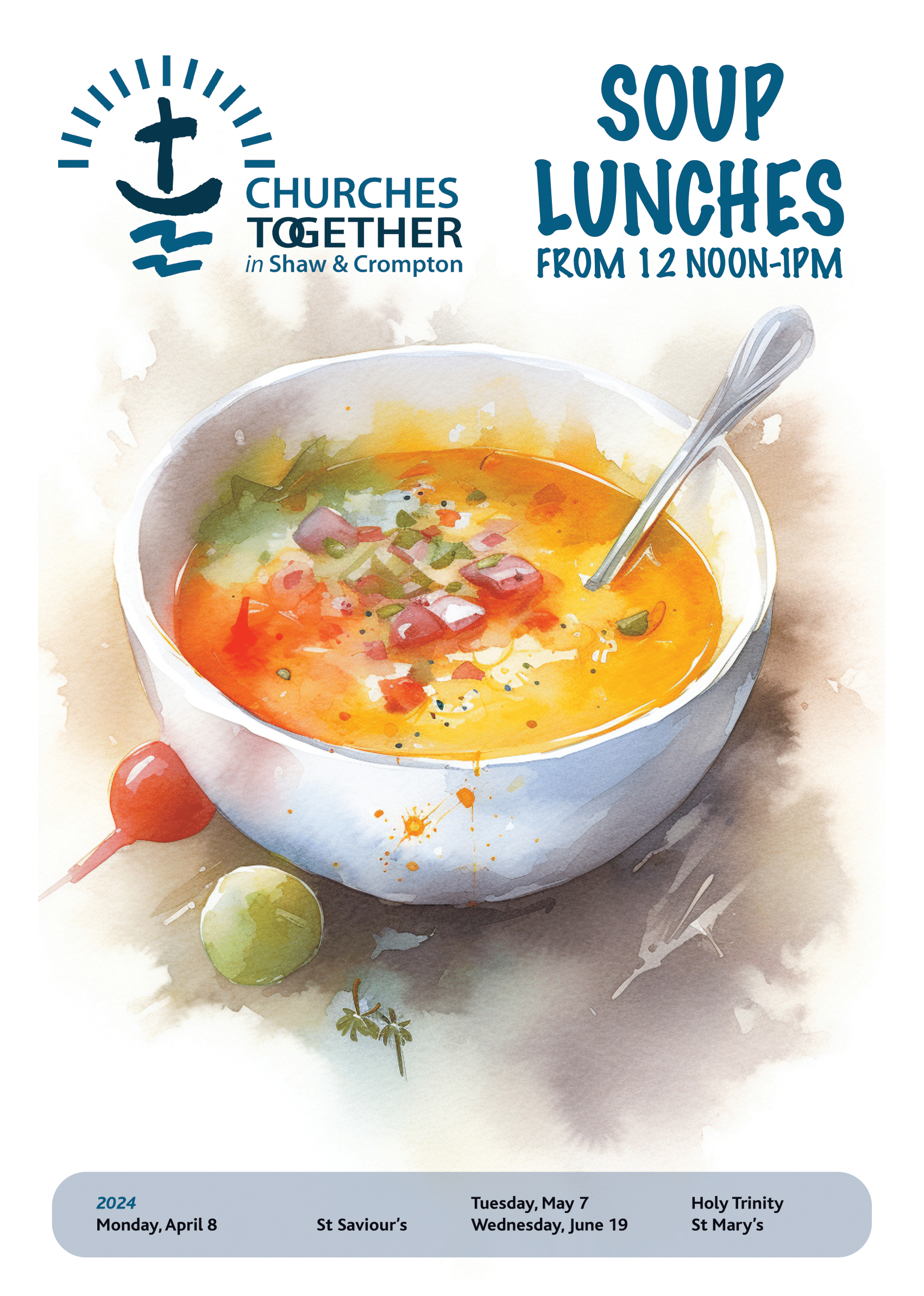
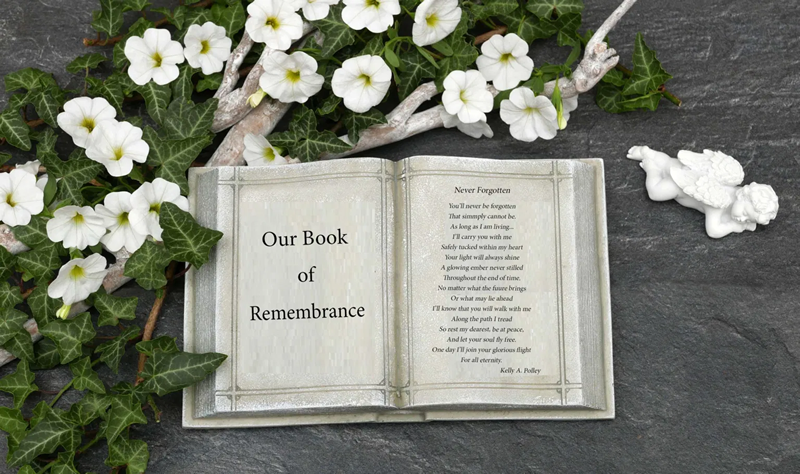
Would you like to include a loved one in
Our Book of Remembrance?
Please download the form from the link below,
then complete and return the form as instructed.
Thank you.
Meet the Team
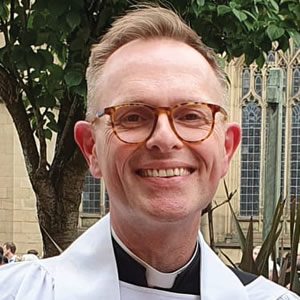
Revd Paul Pritchard
Curate-in-Charge
Curate-in-Charge
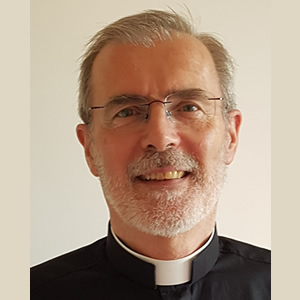
Revd Howard Moston
Assistant Curate
Assistant Curate

David Marsland
Churchwarden
Churchwarden
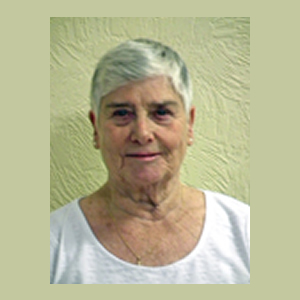
Kath Moss
Churchwarden
Churchwarden
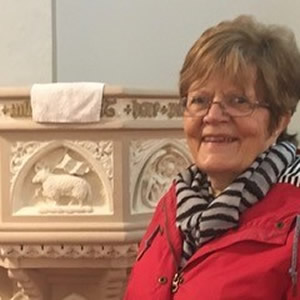
Audrey Walker
Baptism Co-ordinator
Baptism Co-ordinator

